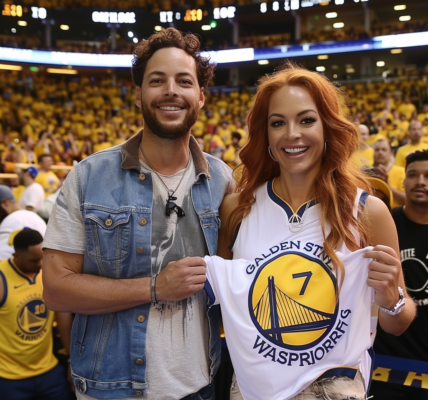In a recent interview, renowned lifestyle icon Martha Stewart expressed her candid thoughts about her new documentary, “Martha,” directed by Oscar-nominated filmmaker R.J. Cutler. The documentary, which premiered on Netflix after a successful run on the fall festival circuit, has sparked significant attention, not just for its content but also for Stewart’s unfiltered critique of the project.
At 83, Stewart has built a reputation for her straightforwardness, often breaking the mold of typical celebrity interviews where niceties reign supreme. During a phone conversation about the documentary, which aims to delve into her life and career, Stewart did not hold back her feelings. After a brief introduction, the conversation shifted quickly into her dissatisfaction with how the documentary portrayed her story.
Stewart stated, “R.J. had total access, and he really used very little. It was just shocking.” This comment reflects her disappointment with the final product, particularly regarding the archival footage that she believed would provide a richer context to her narrative. Her remarks suggest a deep investment in how her story is told and a desire for a more comprehensive representation of her life’s work.
Cutler, in response to Stewart’s critique, chose not to address specific grievances but instead expressed pride in the film and admiration for Stewart’s trust in him as a filmmaker. He remarked, “I am really proud of this film, and I admire Martha’s courage in entrusting me to make it.” His comments indicate a professional respect for Stewart, even amidst her discontent.
Stewart’s willingness to voice her frustrations publicly is a departure from the norm in Hollywood, where many public figures often opt for a more polished, less confrontational approach in interviews. This raw honesty may stem from her extensive experience in the media landscape, where she has navigated both praise and criticism over the decades. It also highlights her understanding of the importance of authenticity in storytelling, especially in a documentary format that aims to capture the essence of an individual’s life.
The documentary, simply titled “Martha,” promises to offer insights into Stewart’s multifaceted career, which includes her ventures in publishing, television, and product marketing. However, with Stewart’s recent comments, viewers may approach the film with a sense of curiosity regarding what was left on the cutting room floor and how her narrative was shaped by the choices made during production.
Stewart’s critique raises broader questions about the documentary filmmaking process, particularly the balance between artistic vision and the subject’s expectations. Documentaries often require a delicate interplay between the filmmaker’s interpretation and the subject’s narrative, and when that balance is disrupted, it can lead to tensions, as seen in this case.
As the conversation unfolded, it became clear that Stewart’s passion for her brand and her story remains undiminished. Her candidness not only sheds light on her personal feelings about the documentary but also serves as a reminder of the complexities involved in portraying a public figure’s life. In an era where authenticity is increasingly valued, Stewart’s willingness to speak out may resonate with audiences who appreciate transparency in storytelling.
In addition to her critique of the documentary, Stewart continues to engage with her audience through various platforms, including social media, where she has garnered attention for her collaborations with celebrities such as Snoop Dogg. This engagement reflects her adaptability and enduring relevance in the ever-evolving landscape of lifestyle branding and media.
As the documentary “Martha” makes its way into homes across the globe, viewers will undoubtedly be intrigued by both the content presented and the underlying narrative of its creation. Stewart’s frankness may encourage audiences to reflect on the nature of documentary storytelling and the responsibilities that come with it, both for the filmmakers and the subjects involved.
In a world where public figures often maintain a carefully curated image, Martha Stewart’s approach serves as a refreshing reminder of the power of honesty and the importance of conveying one’s true self, even in the face of artistic interpretation. As viewers tune in to “Martha,” they will not only witness her life story but also engage with the ongoing conversation about the nature of personal narratives in the media.





